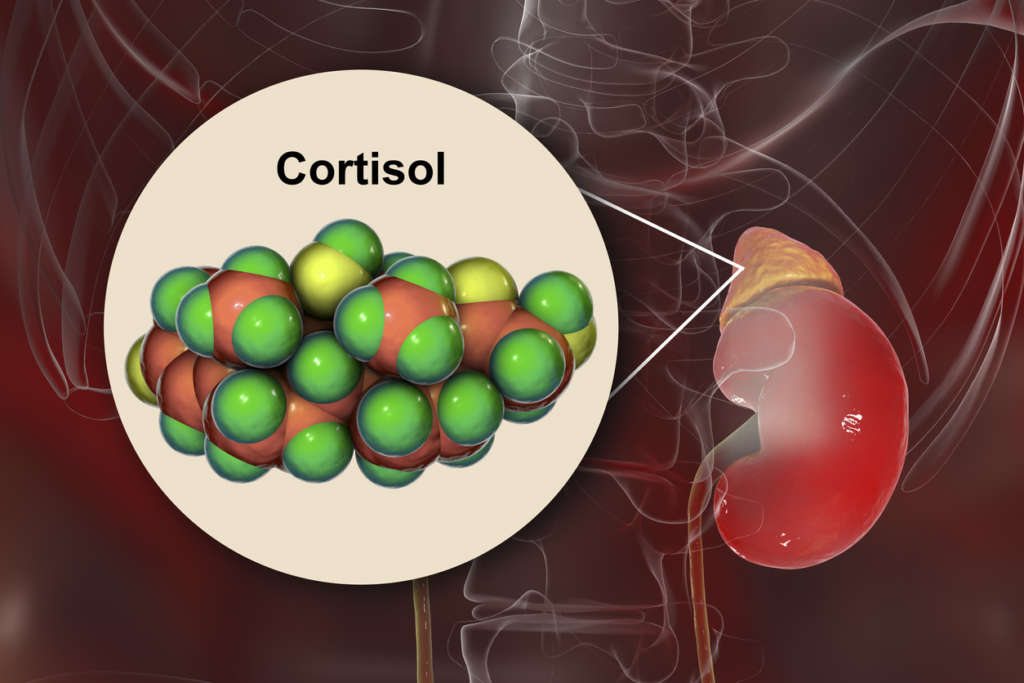For Pups With Short Attention Spans…
Prednisone is safe for dog’s when given under the supervision of a prescribing vet. As a steroid, it is often used to treat severe allergies or overactive immune systems in dogs. It is important to administer prednisone as instructed, in addition to monitoring side effects and avoiding the use of NSAIDs and other drugs that could interfere with the treatment or put your pup in danger.
It can be overwhelming to care for a sick pet, let alone manage their medications. When it comes to prescriptions, rest assured your dog’s veterinarian has carefully selected medications specifically for your pup’s needs.
It is important to give those medications according to your vet’s instructions. Watch for side effects, and know what missteps to avoid along the way. Before we dive into those details, remember that your vet is the best qualified resource for questions about your dog’s specific medication needs. Be safe, and ask your vet before making any changes (big or small) to a medication regimen!
Is Prednisone Safe For Dogs?
That depends on a lot of things! This is why it is a prescription medication. If your vet prescribes prednisone to your dog or they recommend it as a treatment option, they need to know:
- ALL current medications and supplements (even if they are not prescriptions), how long your dog has been on them, and when those medications were last taken1.
- Any history of a bad reaction to any medication in the past, especially allergic reactions1!
- If your dog has ever been on a steroid, for how long, and if they had any side effects.
- If your dog has even been treated for diabetes, liver, kidney, heart or digestive diseases1-2.
- If your dog is currently pregnant/nursing or you are hoping to breed her soon1-2.
- All previous viral and fungal infections your dog has had, and any recent bacterial infections1-2.
They need all of this information to help determine IF prednisone is safe to use in your dog.


What Is Prednisone And How Does It Work?
Prednisone is a steroid our bodies activate in the liver—it mimics the activity of cortisol (stress hormone)1–3. The body uses stored resources in times of stress or high activity (it is not the kind of steroid used for bodybuilding)1-3. Veterinarians prescribe prednisone primarily for anti-inflammatory and immunosuppressive properties, but it can have many effects on the body, including1-3:
- Elevated blood sugar2-3
- Salt retention and potassium loss through the kidneys2-3
- Stimulation of blood vessel contraction and elevated blood pressure2
- Increased acid production in the stomach2
How Does The Stress Hormone Cortisol Work?
The adrenal glands (next to our kidneys) naturally produce cortisol. A cascade of signals starting in the pituitary gland in the brain trigger that production2-3. When cortisol levels are low or the body suddenly needs more (think: being chased by a tiger, or a sticker gets stuck on your dog’s fur and it is obviously very scary), the brain tells the adrenal glands get to work2.
Prednisone looks just like cortisol to the brain, so the adrenal glands get to take a little vacation1-3. Ok, You get it! The body recognizes we are giving it steroids and does not make more.


Why Does All That Matter?
First, it affects how we start and stop the medication. Vets usually prescribe prednisone at a high and frequent dose to help get the desired result. Over time, they slowly decrease it1-3. This allows the pituitary and adrenal glands to realize the decrease in steroid is happening. At that point, they start up normal production again before the medication leaves the body.
If you stop prednisone cold turkey, your dog’s body has no ability to respond to the slightest stressor. That can result in big problems1-3. Taper medication instructions are tedious, but it is very important you follow your veterinarian’s instructions exactly. Write it out on a calendar if you need to.
Second, it affects how we give the medication when your dog has to be on it for a long time (weeks to months, or years). In these circumstances, the goal is often to get the medication down to an every other day dose1,3. This way, the medication leaves the body completely before the next dose, and the adrenal gland can start making more.
If this does not happen, the adrenal gland atrophies (much like a muscle that is not used), and can’t respond by making additional steroids if your dog needs more than you are giving2-3.
If All This Is True, Then Why Is My Dog On Steroids?
Steroids are very effective at getting the desired symptom resolution in dogs. Most dogs respond quickly and predictably to steroid administration. This is great when your dog is miserable from allergies or an overactive immune system causing major problems. Steroids quickly help your dog feel better so they can get on the road to recovery.


What Are Side Effects Of Prednisone?
Common and expected side effects include:
- Increased urination and drinking1-3
- Increased appetite (they beg a LOT!)1-3
- Panting1-3
These side effects are very common at the beginning of treatment when the dose given is highest. They should reduce and go away as the amount and frequency decreases.
Uncommon and more serious side effects and complications include:
- Increased drinking and urination that does not resolve with dose reduction of medication1-3
- Signs of infection (viral, fungal, bacterial)1-3
- Severe lethargy, pale gums, or signs of gastrointestinal bleeding (black tarry stool or “coffee grounds” in vomit)2-3
- Changes in the eyes (holding eye shut, white/milky spot on eye, increased eye discharge)2
If you notice these or other concerning changes, reach out to your veterinarian for advice on how to proceed. If your dog is listless, lethargic, or showing signs of GI bleeding, seek veterinary care immediately!
Can I Give Prednisone With My Dog’s Other Medications?
Prednisone has a long list of medications that can NOT be given at the same time, or even within a couple of days2. Discuss all your dog’s current medications and supplements with your veterinarian to make sure there are no concerns.
Do not give any NSAIDs (carprofen, rimadyl, aspirin, etc.) while your dog is on steroids, even if your vet prescribed them in the past1-3. The combination can cause ulceration in the stomach and lead to serious bleeding2-3.


FAQs
My Dog Is On Long-Term Prednisone Because Nothing Else Works. What Now?
This happens! Some dogs just do not respond as well to the other medications that are preferred for long term use. If your dog has to be on steroids long term (or forever), the goal is to get them to the lowest effective dose. They should receive the smallest amount as far apart as possible, while maintaining symptom control1,3.
The tapering process involves frequent rechecks with your veterinarian until they determine the appropriate long term dose and frequency3. Once you get on a set schedule, routine exams (every 3–12 months in most cases) and bloodwork will make sure your dog’s body tolerates the medication1-2. If you have concerns before your next scheduled recheck, reach out to your veterinarian.
I Forgot To Give My Dog Their Prednisone. What Should I Do?
If it is a couple hours late (8pm instead of 6pm), give the medication and return to normal timing at the next scheduled dose1. If you skipped it by a meal (normally at breakfast and it is dinner time) give with the current meal. Shift future doses to maintain the correct spacing in between1.
Do not give more than the current dose. The time between any two doses should never be shorter than what is on the label1,3.
Everyone In The House Gave The Dog Prednisone Tonight. What Should We Do?
Contact a veterinarian immediately. Explain the amount your dog received (have the pill bottle handy so you can give the vet exact dosing amounts) and the normal dose for your dog1. They will advise you on the appropriate next steps.


Colleen Ferriman, DVM, is a canine and feline health, wellness, and illness management advocate. She has a combined 10 years of experience in clinical medicine, education, and educational content development. Colleen graduated from Colorado State University as a Doctor of Veterinary Medicine, has worked as a general practitioner, and has contributed to the development of veterinary educational tools. She is also a member of the American Veterinary Medical Association and American Academy of Veterinary Pharmacology and Therapeutics.
Sources
1Prednisone, Prednisolone and Prednisolone Acetate- Tablet (dogs). Client Drug Information Sheets- VIN 2020. /doc/?id=10064429&pid=369
2Prednisolone/ Prednisone. VIN Veterinary Drug Handbook 2019. https://www.vin.com/members/cms/project/defaultadv1.aspx?pId=13468&id=9037874
3Brooks W: Prednisolone/Prednisone. Veterinary Partners-VIN 2021. https://veterinarypartner.vin.com/doc/?id=4951498&pid=19239






